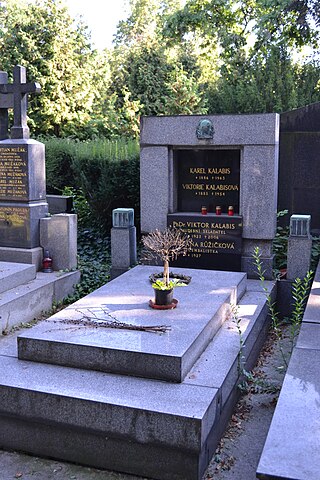Ellen Taaffe Zwilich is an American composer, the first female composer to win the Pulitzer Prize for Music. Her early works are marked by atonal exploration, but by the late 1980s, she had shifted to a postmodernist, neoromantic style. She has been called "one of America's most frequently played and genuinely popular living composers." She was a 1994 inductee into the Florida Artists Hall of Fame. Zwilich has served as the Francis Eppes Distinguished Professor at Florida State University.

Walter Hamor Piston, Jr., was an American composer of classical music, music theorist, and professor of music at Harvard University.

Grażyna Bacewicz Biernacka was a Polish composer and violinist of Lithuanian origin. She is the second Polish female composer to have achieved national and international recognition, the first being Maria Szymanowska in the early 19th century.
Jean Coulthard, was a Canadian composer and music educator. She was one of a trio of women composers who dominated Western Canadian music in the twentieth century: Coulthard, Barbara Pentland, and Violet Archer. All three died within weeks of each other in 2000. Her works might be loosely termed "prematurely neo-Romantic", as the orthodox serialists who dominated academic musical life in North America during the 1950s and 1960s had little use for her.

Bernhard Heinrich Romberg was a German cellist and composer.
Gwendoline Linda Louise Thompson is a Canadian violinist and music educator. She has been a member of two notable chamber music ensembles with whom she has made several commercial recordings: the Masterpiece Trio (1977–1988) and Viveza, the latter of which she formed in 1989 with Lee Duckles (cello), Wilmer Fawcett (double-bass), Mark Koenig (violin), and Linda Lee Thomas (piano). She has also appeared in concert as a soloist with several Canadian orchestras, including the Vancouver Symphony Orchestra, Victoria Symphony and the British Columbia Chamber Orchestra.

Heinrich Picot de Peccaduc, Freiherr von Herzogenberg was an Austrian composer and conductor descended from a French aristocratic family.
Boudewijn Buckinx is a Belgian composer and writer on music.

Viktor Kalabis was a Czech composer, music editor, musicologist, and husband of harpsichordist Zuzana Růžičková.

Lucijan Marija Škerjanc was a Slovene composer, music pedagogue, conductor, musician, and writer who was accomplished on and wrote for a number of musical instruments such as the piano, violin and clarinet. His style reflected late romanticism with qualities of expressionism and impressionism in his pieces, often with a hyperbolic artistic temperament, juxtaposing the dark against melodic phrases in his music.
Robert Comrie Turner, was a Canadian composer, radio producer, and music educator. He graduated with a bachelor's degree in music from McGill University in 1943. While there he studied with Douglas Clarke and Claude Champagne. He continued his studies briefly at Colorado College in 1947, where he met his wife, percussionist Sara Scott. They married in 1949. In 1947, Turner transferred to Peabody College in Nashville, Tennessee, where he studied with Roy Harris. He graduated in 1950 with a master's degree. During this time, Turner spent two summers studying with Herbert Howells and Gordon Jacob at the Royal College of Music and one summer at the Berkshire Music Center at Tanglewood studying with Olivier Messiaen. He returned to McGill University in 1951, graduating with a doctorate two years later.
Gary Alan Kulesha is a Canadian composer, pianist, conductor, and educator. Since 1995, he has been Composer Advisor to the Toronto Symphony Orchestra. He has been Composer-in-Residence with the Kitchener-Waterloo Symphony (1988–1992) and the Canadian Opera Company (1993–1995). He was awarded the National Arts Centre Orchestra Composer Award in 2002.
Lubor Bárta was a Czech composer.

Emilie Luise Friderica Mayer was a German composer of Romantic music. Although Emilie Mayer began her serious compositional study relatively late in life, she was a very prolific composer, eventually producing some 8 symphonies and at least 15 concert overtures, as well as numerous chamber works and lieder.
Roger John Goeb was an American composer.
Alan Belkin is a Canadian composer, organist, pianist as well as a pedagogue.

Jerzy Fitelberg was a Polish-American composer.
Victor Bruns was a German composer and bassoonist. He played with the Leningrad Opera, the Volksoper Berlin and the Staatskapelle Berlin. As a composer, he is known for his ballets and for bassoon concertos and sonatas.

Larry Thomas Bell is an American composer, pianist and music professor.









